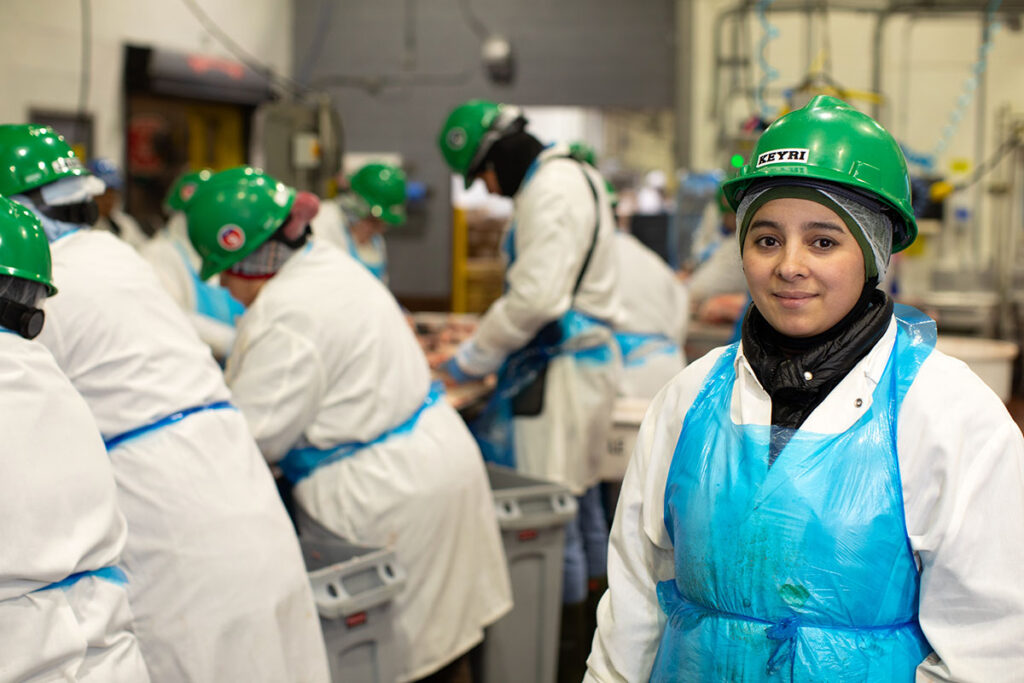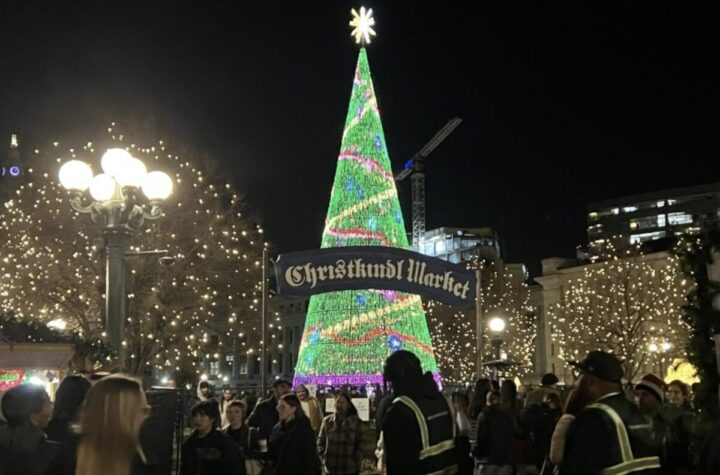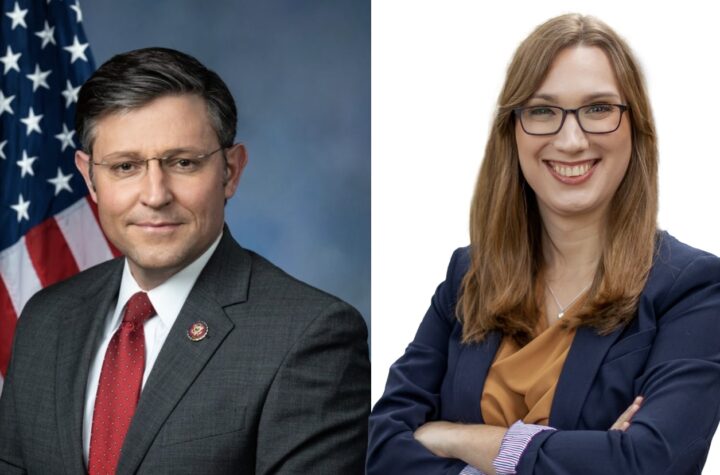
AT SUPERIOR FARMS | A Hispanic worker in the production process. (Photo/Katrina Hajagos)
DEBATE OVER ORDINANCE 309 ON THE BALLOT
Newsroom El Comercio de Colorado
Haga click aquí para leer la versión en español
Initiated Ordinance 309, which Denver voters will consider on November 5, proposes closing the city’s only slaughterhouse, Superior Farms, by January 1, 2026, and prohibits the construction of new facilities of this type within city limits. Activists behind this measure argue that slaughterhouses contribute to environmental problems, animal cruelty, and unhealthy working conditions in urban areas.
However, detractors of the initiative, including employees of Superior Farms, warn that the ban would have severe economic consequences for Denver, affecting hundreds of workers and the local economy.
What Do the Proponents Say?
Activists supporting Ordinance 309 contend that the slaughterhouse industry is one of the main sources of environmental pollution, emitting large amounts of greenhouse gases that contribute to climate change. They also believe that working conditions in these establishments are hazardous and that their elimination would propel Denver toward a more ethical and sustainable development model that avoids animal suffering.
According to the advocates, closing Superior Farms—which processes lamb meat—could represent a significant step toward reducing the consumption of animal products in the city and promoting alternatives that are more respectful of the environment and public health. Additionally, proponents of the measure see the closure of the slaughterhouse as an opportunity to repurpose the space for other uses that benefit the community.
Negative Consequences of the Proposal
Isabel Bautista, operations manager at Superior Farms, highlighted that approving Ordinance 309 would affect the lives of workers. “I’ve been at Superior Farms for 24 years, and this company is not only my workplace but also provides me with unique benefits as an employee-owner. Closing the slaughterhouse would be a direct blow to 160 workers and their families, who would lose their jobs and their retirement savings,” Bautista expressed.
Besides the 160 direct employees of Superior Farms, the closure could affect more than 2,700 indirect jobs throughout the meat industry’s supply chain. This includes ranchers, transporters, distributors, and local restaurants that depend on lamb meat production in Denver. A study from Colorado State University estimates that the economic loss resulting from this measure could amount to $861 million, affecting the livelihood of thousands of families across the state.
The Environmental Debate
One of the key arguments of the pro-ban activists is that this measure would reduce the environmental impact of the meat industry. However, Bautista and other critics warn that the ban could have the opposite effect. “Closing Superior Farms would only shift production to other states, increasing the need to transport meat to Denver from farther locations, which would increase carbon emissions,” explains Bautista.
Instead of reducing environmental impact, this measure could generate a larger carbon footprint due to the transportation of meat products from other states. Moreover, Superior Farms operates under animal welfare standards, holding Halal certification, which requires humane handling practices throughout the animal’s life. The slaughterhouse is regularly inspected by the United States Department of Agriculture (USDA).
You may also like:
Proposal 2Q Seeks to Fund Essential Health Services
Colorado Votes on Abortion Rights and School Choice
Hispanic Voters Demand a Solution to Denver’s Housing Deficit






otras noticias
An Immigration Plan for the New Administration
Yadira Caraveo Accepts Defeat in Colorado’s 8th District
Gabe Evans Virtual Winner in Colorado’s 8th District